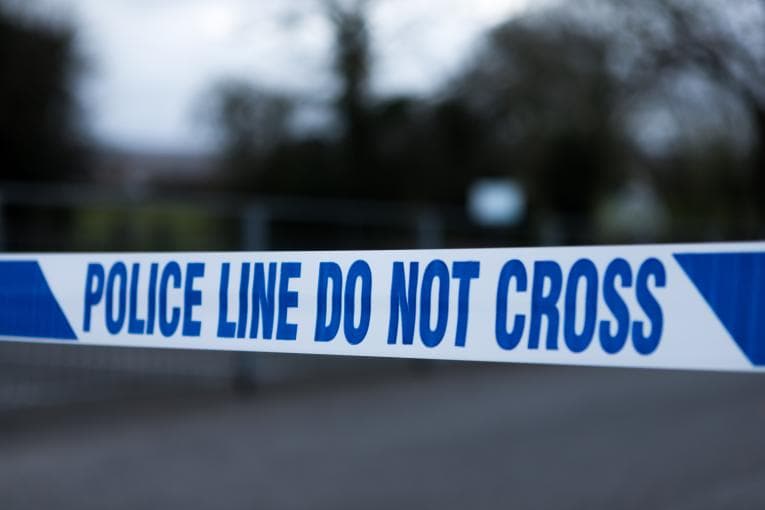
Crime as a joined up problem
Ella Rhodes meets Professor Paul Taylor, Chief Scientific Advisor to the National Police Chiefs' Council.
24 June 2021
A psychologist has become the first ever Chief Scientific Advisor to the National Police Chiefs' Council (NPCC). In this new role Professor Paul Taylor, a forensic psychologist and academic by background, will focus on crime reduction as well as setting up the National Crime and Justice Laboratory.
Taylor said it was particularly exciting to take up the role having worked with the police for much of his career. 'I owe my career to working with the police in particular. My PhD was on hostage negotiation and the kindness they showed in allowing me to work with them really set me up in terms of what I did later on.'
Taylor later became a Professor at Lancaster University and the University of Twente, carrying out research on extremism, profiling, deception and offenders. In 2015 he became Director of the Centre for Research and Evidence on Security Threats (CREST).
Taylor said the science and technology, including psychology, being used within the world of policing was very innovative – and that as a psychologist it was particularly exciting to be working so closely with the police and bringing together some of the excellent research and initiatives that are already ongoing.
'So much of policing is psychology-related – violence against women and girls, which is a key issue at the moment, and how we make our streets safer, are psychology questions; how we intervene to stop drugs destroying families, that's in part a psychology question; how we manage the changing nature of crowd policing, how we support the wellbeing of our officers, particularly after what's been a challenging 12 months under Covid-19, they are psychology questions.'
On his retirement recently, Chief Constable of Merseyside Police Andy Cooke said in an interview that increased opportunity and reduced poverty were the best approaches to crime reduction. Taylor said these comments were backed up by science. 'That's one of the wonderful aspects about policing having a Chief Scientific Advisor – I'm a member of a network of Chief Scientific Advisors across government which allows us to bring a whole systems approach to that question. Andy Cooke is right – crime prevention needs to be met with a coordinated effort with the Department for Education, the Department for Work and Pensions, and many other departments who have arole to play. There's not only a role for science, of course – government, local police, schools, the NHS, job centres and community support groups… it's a joined up problem and crime is part of that problem. I think Andy is correct and it is something that the Chief Scientific Advisor network can really support – it's great to be part of that.'
One of Taylor's first tasks will involve developing a science and technology strategy for policing. 'That wouldn't have necessarily happened before the Chief Scientific Advisor role came about, because those parts are working together bilaterally, but there's no one necessarily to bring it all together.' Taylor said he hoped to be able to bring together knowledge, expertise and research from many different sources, including bodies such as the BPS, UKRI, those working in industry, and from the international community.
Taylor said he wanted to avoid being reactive when it comes to crime, and pointed to many of the good crime and violence prevention efforts which are already going on. He said these included community psychology approaches, as well as data-driven approaches which help the police spot areas and individuals who may be at risk of experiencing, or committing, crime. 'These are innovative techniques and are deeply, deeply respectful of ethics and privacy, despite what some newspapers might suggest. As is the case for a psychologist in a consulting room, if we have information that suggests somebody is at risk we have a duty of care to react – and that's effectively what policing is doing in the preventative space, finding new, sensitive, privacy conscious ways of reacting to those warning signs that are proportionate and fair.'
The establishment of a new National Crime and Justice Laboratory will be another of Taylor's responsibilities. He said that while plans were still in the early stages, he hoped to be able to bring together many different disciplines under one roof to form a picture of what is going on in the UK in terms of crime.
'This will help us to drive efficiencies so that we can think about what problem areas might be, so we can think about where different services might need to be joined up better so that we can support one another as a community. Its goal will be to show the complex tapestry of the reality of what's occurring on the ground so that we can respond effectively.'


